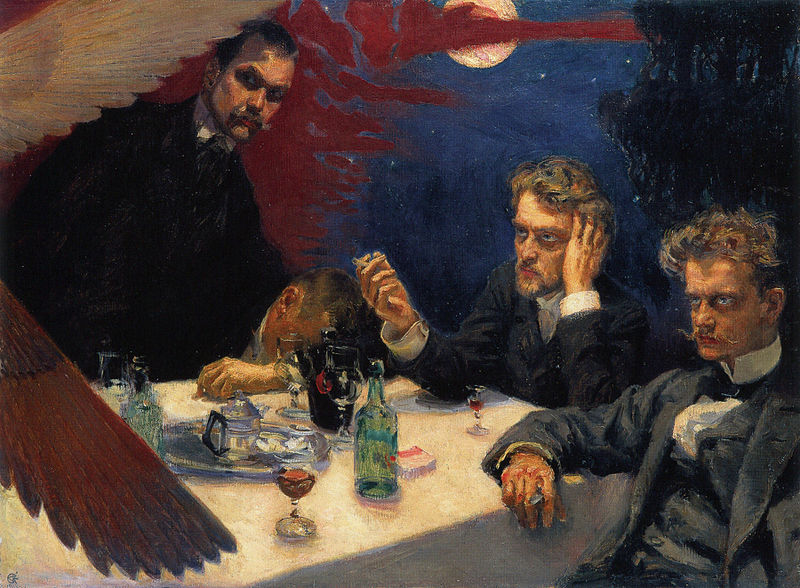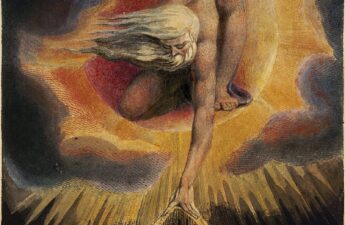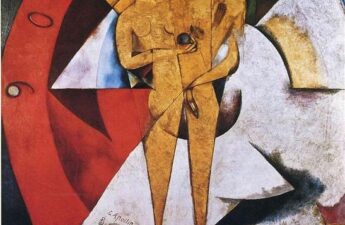“We toil for leisure only to discover, when we have succeeded in our object, that leisure is a great toil.”
Horace Smith, 1836, The Tin Trumpet: Or, Heads and Tails for the Wise and Waggish
The idea of ‘leisure time’ is something that has become more prevalent, mostly thanks to the decreasing need of manual labour.
In past centuries, everything was done by hand, so in order to get anything done, people needed to work. The Industrial Revolution meant that the labour of people wasn’t required to the same degree. The more sophisticated machinery and industries became, the more ‘free time’ people had. And that is what ‘leisure time’ meant in the past- ‘free time’. Time unrestricted by obligations and duties of work, family, etc. People were free, in this time, to pursue whatever their heart desired.
“What we do during our working hours determines what we have; what we do in our leisure hours determines what we are.”
George Eastman, 1952, Image Magazine
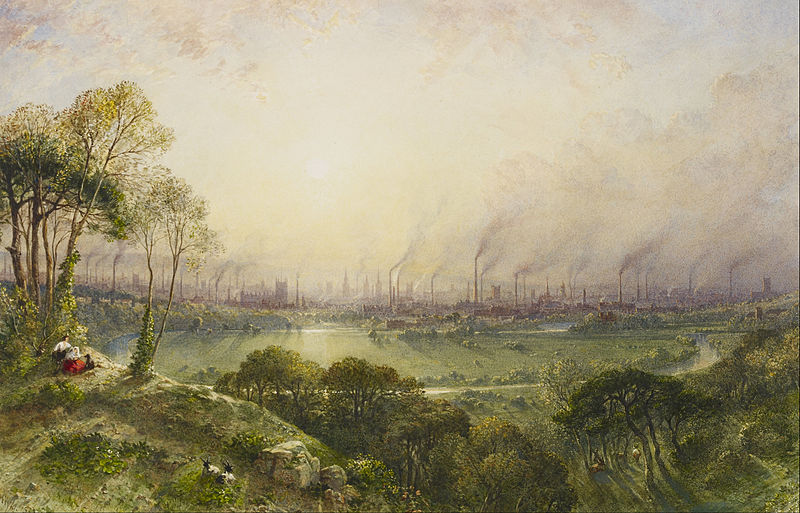
How people spent their precious leisure time in past centuries, and what we indulge in now, could hardly be described as the same thing.
This invaluable time away from toil was an opportunity to pursue individual wants and desires. A time to invest in oneself. Want to learn? Now is your chance to read. Can’t read? Here is your time to learn. Paint, play an instrument, travel, knit, garden, whatever it was- finally, here was the time to do it. In past writings, authors suggested leisure time to be a spell of real meaning. Free from restrictions, people could lift themselves from the ground and look up to the sky through their personal pursuits.
“To stand up straight and tread the turning mill,
To lie flat and know nothing and be still,
Are the two trades of man; and which is worse
I know not, but I know that both are ill.”
A.E. Housman,1936, XXVII, More Poems
Fast forward, and our idea and pursuit of ‘leisure time’ looks quite different.
It has become more common that we consume rather than create in our free time. Leisure time now means to lounge, to indulge, vegetate and hide. We endeavour to think and do as little as possible, in an attempt to escape the tiresome reality of our obligations. Work takes up so much of the week, family takes up a bit more, everyday duties a little more. What should we do with any free time remaining? Nothing, and hope to be able to face the same obligations and duties all over again tomorrow. It has never been so easy to indulge in this kind of ‘leisure’. There is so much to consume that we never have to consider what a hopeless waste of time it all is.
“The relatively new trouble with mass society is perhaps even more serious, but not because of the masses themselves, but because this society is essentially a consumers’ society where leisure time is used no longer for self-perfection or acquisition of more social status, but for more and more consumption and more and more entertainment.”
Hannah Arendt, 1961, Between Past and Future
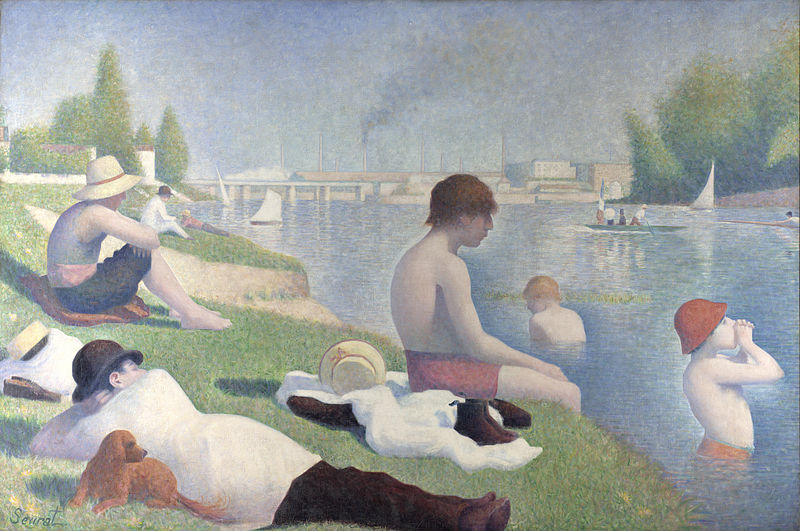
And what does time spent so passively mean for us?
Some people get exactly what they wish for- they arise the next day with batteries fully recharged, ready to face another sunrise. But for some- and this may be hard to understand- but for some, this idle, consumptive, boundless, ‘leisure time’, is complete hell. We have all been exhausted, stressed and struggling. All we want is to have just one day where we sit on the couch, eat all the food, all the drink, watch all the television, scroll through social media and we believe that at the end of the day- we will be happy. Except, it doesn’t work like that.
Our lack of productiveness, in fact our complete anti-productiveness, send seeds of anxiety through our veins until it’s swirling around our body. The fact that all we have done is consume, with not one moment of creation or progress, means our anxiety is joined with a sense of worthlessness. We have been consumed by everything we were attempting to consume. We barely recognise our surroundings after being pulled into hours of external entertainment, with which we didn’t have to interact with whatsoever. Becoming nothing; doing nothing; our feet no longer planted on the ground.
“If man is to be liberated to enjoy more leisure, he must also be prepared to enjoy this leisure fully and creatively”
Eleanor Roosevelt, 1937,This is my Story
To lovers of lounging, this might all seem bizarre and neurotic.
But there are many who cite inactivity as a key component in bringing on bouts of depression. For some of us, it would be better if we saw leisure time as they did in previous years- free time to pursue, create, learn, discover and grow. We all need to sit for a while and switch off, but for some of us, this is not something we should do for long. The cost of this kind of leisure time is too high. If being ‘leisurely’ has this kind of effect on you, but exhaustion is battling against you, then fight to do just enough to curb the effects. You don’t need to run a marathon, but act and be present enough to remain in a peaceful state of mind, and to keep your feet planted firmly on the ground.
“One of the most ironic paradoxes of our time is this great availability of leisure that somehow fails to be translated into enjoyment.”
Milhaly Csikszentmihalyi, 1990, Flow
